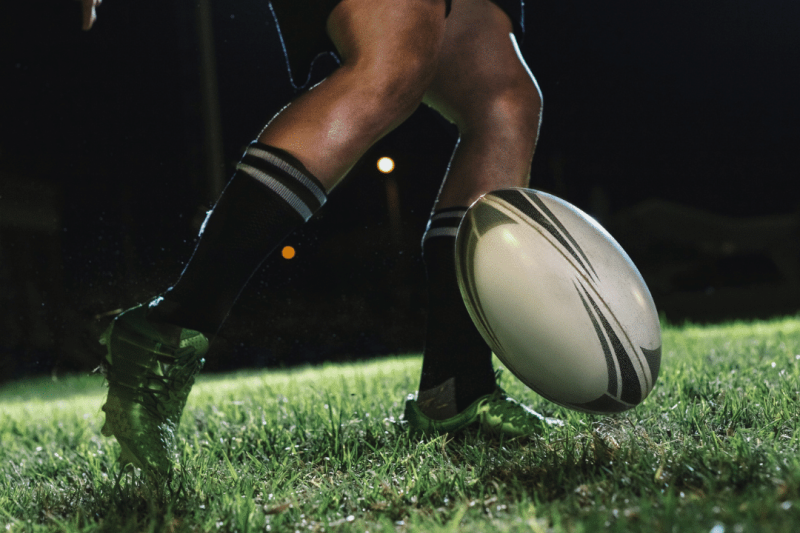Neck injuries account for 14% of all injuries in rugby. Minor and non – catastrophic neck injuries account for at most up to 9.2 injuries per one thousand hours played. How is the incidence of neck injury quite low you may ask?
The reason is we as mere mortals are looking at the game imagining our bodies taking the force! Rugby players’ bodies are conditioned to take the force. Players in general have been developing the strength and ability to take and easily deal with these knocks from a young age. As part of this is building neck strength. Furthermore, the rules of the game are constantly evolving to help protect the players, since 2008 with changes to scrummage laws neck injuries have reduced a lot.
So, will these players pay the price for these hits in the future? There is a gap in the research here as most people who have negative findings on MRI scans do not have any symptoms, therefore a baseline is difficult to compare against. It is expected that as the bodies were conditioned to take the knocks that there will be no long term ramifications. Yes we will come across x- rugby players who will have osteoarthritis and so forth, but there will be a larger cohort of x-rugby players who will be fit and healthy. This is the same in the general population, what is likely of more importance is genetics, lifestyle, diet and stress.
Concussion is always associated with Rugby. Thankfully in recent times there has been a substantial focus on preventing it and protecting players. A concussion is a type of traumatic brain injury, usually resulting from either a high speed or high force impact to the body (ie, some rugby tackles). There are varying types of concussion, in terms of the symptoms it will result in, but it can have an impact on general cognition, fatigue, the vestibular and ocular systems (your balance and vision), migraines and anxiety or mood problems. As you can see, a concussion is no joke!
Despite all of this, most concussions are short lived and the symptoms tend to subside quite quickly in most cases, generally around a week will see improvement in 90% of cases. Because of the wide ranging variability in symptoms and duration it can be difficult to classify the severity or type of concussion. That said, one of the larger risk factors of suffering from one appears to be having had a previous concussion. As discussed neck strength is important in the game but also it is important for concussion. Poor isometric neck strength is regarded as a risk factor for concussion in rugby players. To help reduce this all players should be testing their isometric muscle strength as with the FCE Scan Myoline muscle testing system. It is routinely tested at professional level.

